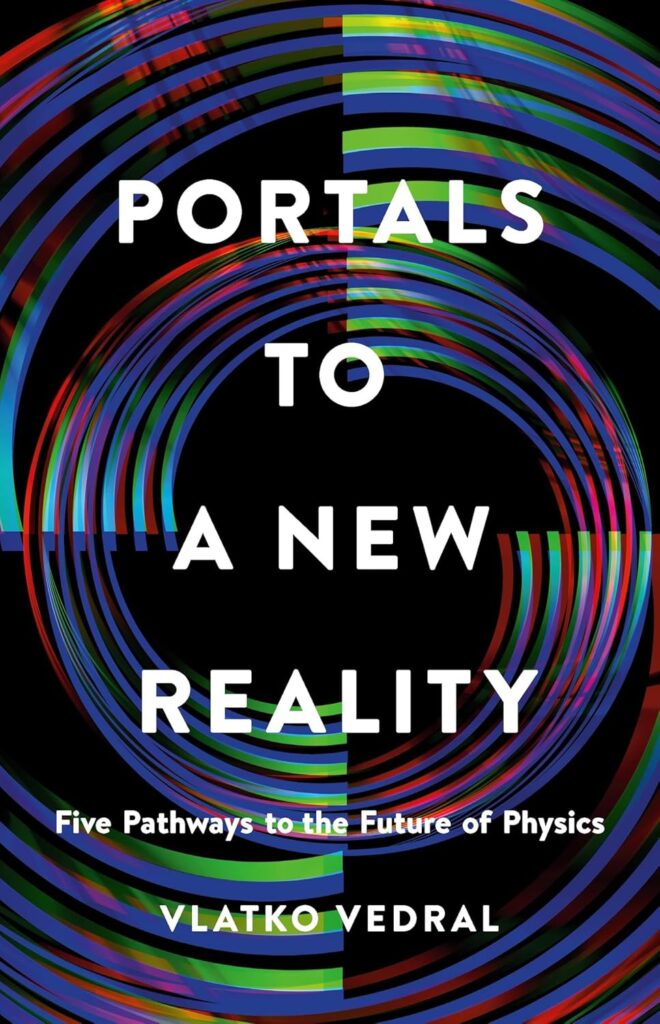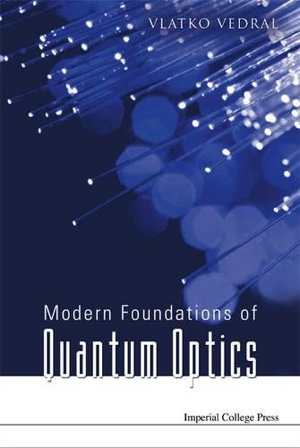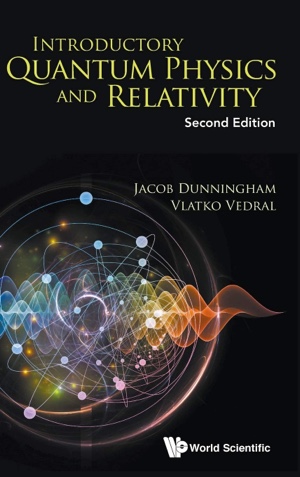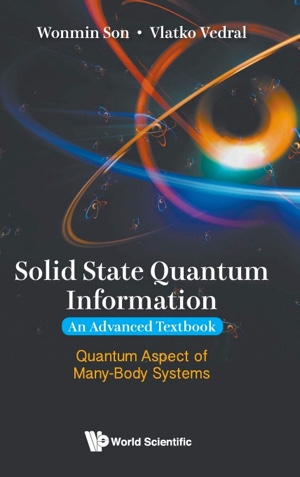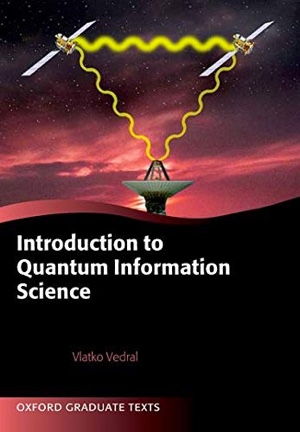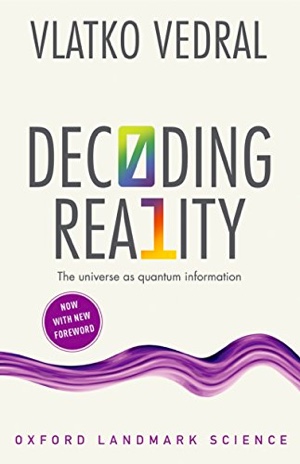Hi, My Name is Vlatko and I have Not Published in Nature for 6 years…
I am sorry to appear to be making fun of such weighty issues as alcohol and drug addiction. That’s of course not my intention at all. Instead, I’d like to talk about our newly-developed addiction as scientists to publishing in high impact journals like Nature, Science and so on. This addiction – it seems to me – is equally dangerous (possibly even more so than alcohol and drugs).

Photo by Suzy Hazelwood: https://www.pexels.com/photo/black-and-red-typewriter-on-white-table-3695297/
Incidentally, the title of this newsletter is a true reflection of my own state of affairs. No Nature papers for the last 6 years (in case you wondered: no, I don’t have any withdrawal symptoms – quite the contrary). Applause, please.
When I published my first Physical Review Letters back in 1997, my supervisor bought 3 bottles of champagne to celebrate it with the group. That was quite something – the first PRL after 10 years of drought in Professor Sir Peter Knight’s research group at Imperial. Big deal. Now, publishing in PRL is a matter of course and champagne drinking is only reserved for magazines like Nature and Science (if at all).
The proliferation of papers and magazines has defined the first two decades of the new millennium. At the dawn of the millennium, the solid-state physicist David Mermin noted that the (hard copies of) issues of the Physical Review were getting bigger and bigger and were printed so frequently that the rate of expansion in the typical library would exceed the speed of light. But then he joked that this does not contradict relativity since they do not communicate any information at all…(at the risk of spoiling the joke by explaining it, this is because only information transfer is limited by the speed of light in Einstein’s Special Relativity).
No physicist should be surprised by the trend in which science is degraded and diluted. After all, sooner or later everything degenerates. We are familiar with the Second Law of Thermodynamics according to which things that start pure (like science in the 17th century) become highly mixed and chaotic (like science now). The tendency of all processes in the universe is to degrade energy until no useful work can be done at all. This is called the Heat Death.
So, if it’s true that our science is going towards some kind of an unseemly end, can anything be done to reverse the trend? Even here, our knowledge of physics helps and this time we are talking Statistical Mechanics – according to none other than Boltzmann himself.
I’ll describe it using a humorous analogy due to my friend Saro Fazio. The trend he wanted to explain – which itself is just an instance of the Second Law, really – is why the quality of physicists in the average physics department goes down with time (just as the Second Law would have predicted). The reason, Saro says, is that when the departmental committee interviews candidates for a new position, no committee member wants to choose a person who is clearly smarter than themselves. So, they end up choosing a less able person.
Over time, as one continues to choose this way, the ensuing trend clearly leads to a degradation of the department as far as the quality of its physicists is concerned.
One day, however, a rescue comes from an unexpected direction. It’s due to a random fluctuation. Namely, the department has ultimately become so bad that the committee now consists of people who are themselves incapable of even being able to judge if the next candidate is really smarter than themselves or not. This way, and by a complete fluke, they sometimes end up choosing a smarter person. And this improves the average quality of the department. Sometime the person is so smart that they end up doing ground-breaking work after joining, which gives the department a supernova-like visibility over a long period of time. This is what Boltzmann would have called a large fluctuation.
Speaking of Boltzmann, by the way, he used a similar argument (in a paper published in Nature, as irony would have it) to explain how the universe ever got to be in a low entropy, pure state (despite being mixed beforehand).
And so, it’s like this with our own enterprise we call science. Every once in a while, accidents do happen (e.g., someone donates shedload of cash for a theoretical physics institute in the middle of nowhere in Canada, or some government or other decides that investing into basic research is the way to go etc…). My guess is that even the current fads related to publishing in Nature, having high h-indices etc will all disappear in the same way one day (by chance).
However, given that we all agree that the current state of affairs in science is not good (and I am speaking internationally, as far as I am aware), wouldn’t it be good to try to do something better, deterministically and it a planned way? Why wait for flukes (which can, by their very nature, sometimes take us in the opposite, even worse, direction)?
Well, I have some suggestions and will reserve them for a separate – and slightly more serious – communication. Here I just wanted to raise awareness, in a light-hearted way, that things are not as peachy as they could be. Science is arguably the most important killer app that humanity has even invented. Let’s not destroy it by suffocating it with needless bureaucracy, mindless box-ticking and Byzantine methods of resource-allocation.
Sign up to my substack
BOOKS
ASK ME ANYTHING!
If you'd like to ask me a question or discuss my research then please get in touch.
